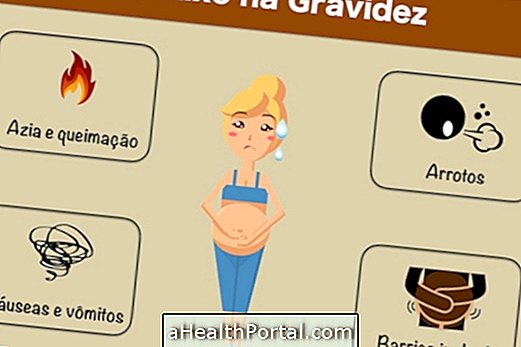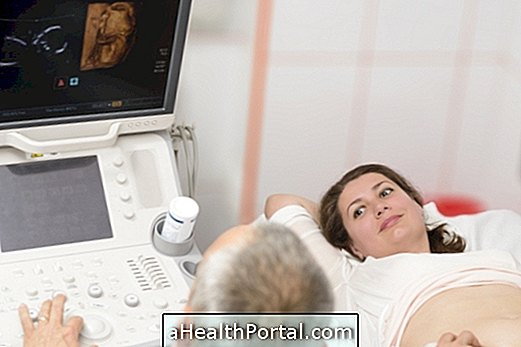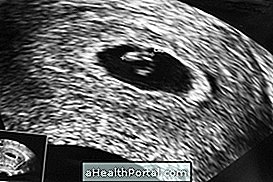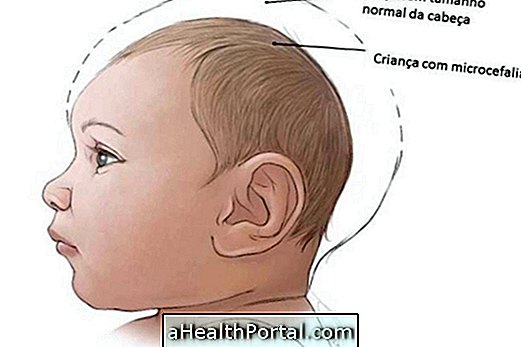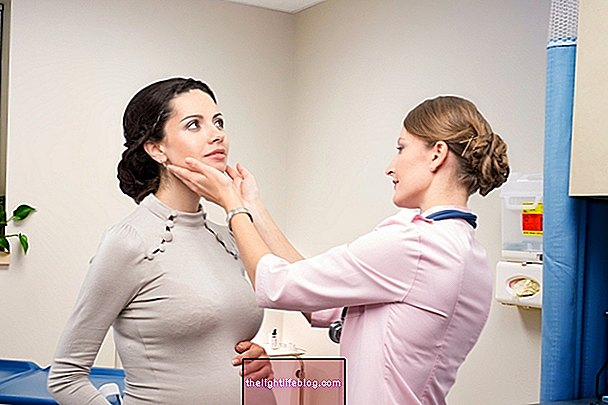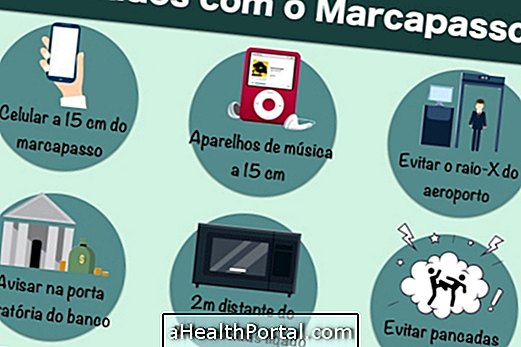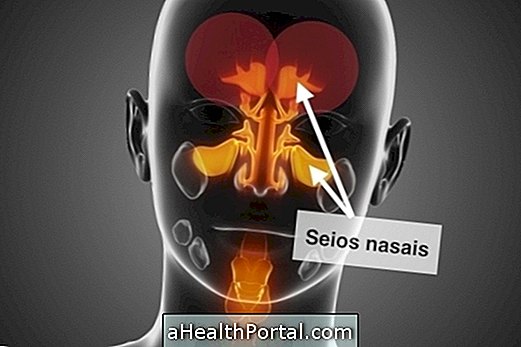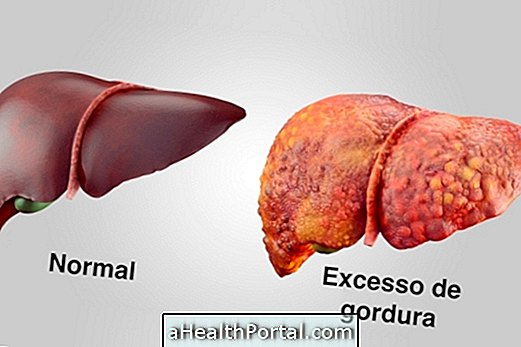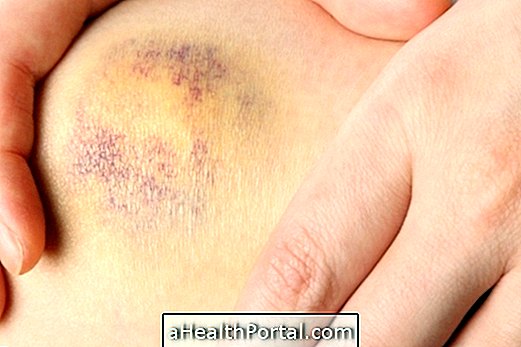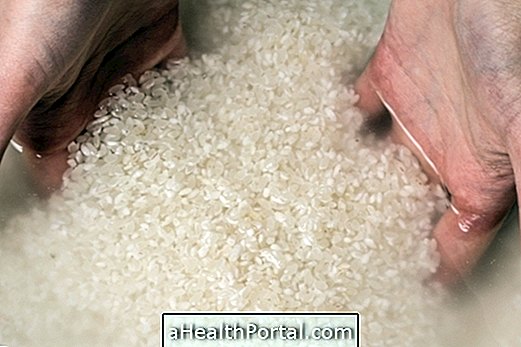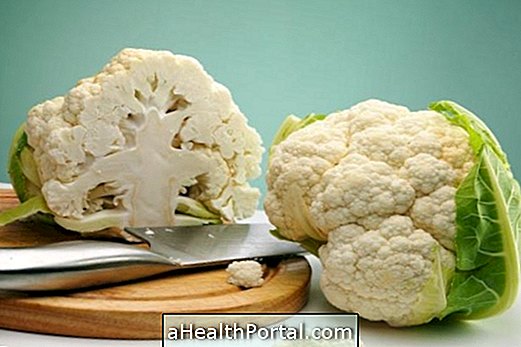Pilates exercises in pregnancy can be performed from the first trimester, but be careful not to bring any problem to the mother or the baby. These exercises are excellent for strengthening and toning the muscles of the entire body by preparing the woman's body for the arrival of the baby.
With stronger and firmer muscles, the pregnant woman tends to feel less back pain, moves more easily and is more disposed to perform her daily activities, which can help when packing all for the arrival of the baby.
However it is important that the exercises are focused on the pregnant woman because at this stage it is necessary to strengthen the back and the pelvic muscles that are naturally weakened at this stage of the woman's life. Pilates classes for pregnant women can be held 1 to 2 times a week for 30 minutes to 1 hour each, or at the discretion of the instructor, depending on the type of physical conditioning of the pregnant woman.
Main Benefits of Pilates in Pregnancy
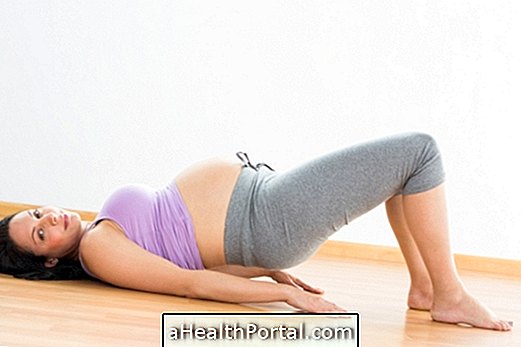
Pilates exercises help to better support belly weight, combat swelling and still facilitate birth in normal birth, and decrease the risk of urinary incontinence in pregnancy and also postpartum. Other benefits of Pilates in pregnancy are:
- Fights pain and discomfort in the back;
- Greater control over weight;
- Better physical conditioning;
- Improves breathing;
- Improves blood circulation;
- Greater oxygenation of the baby.
In addition, regular practice of Pilates during pregnancy calms the baby because there is a lower concentration of cortisol in the mother's bloodstream. Cortisol is a hormone that is found in the highest amount in the blood when we are tired and stressed.
Check out 6 Pilates exercises for pregnant women.
When Not To Practice Pilates In Pregnancy
The contraindications of Pilates in pregnancy are relative and there is none that is absolute. As long as the mother and baby are healthy and the accompanying professional has extensive experience working with Pilates during pregnancy, the risks are virtually nonexistent. However, you should be aware of some signs that may indicate that this is not the best time to practice the exercises, such as:
- Accelerated heart rate;
- Uncontrolled high blood pressure;
- Shortness of breath;
- Abdominal pain;
- Vaginal bleeding;
- Contractions very strong or very close;
- Chest pain.
The obstetrician should be aware that the pregnant woman is practicing this type of physical activity because in some cases it is more appropriate not to engage in any type of physical activity during pregnancy, especially if there is a risk of miscarriage, if the contractions are very frequent, if there is bleeding vaginal infection, or if any disease is detected such as pre-eclampsia, heart or lung disease. In these cases it is not only Pilates that is contraindicated, but any kind of physical activity that could compromise the state of health of the mother or baby.
